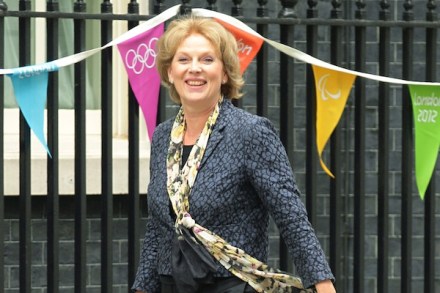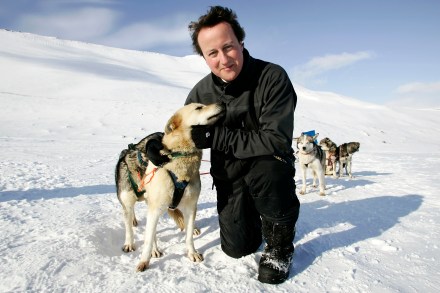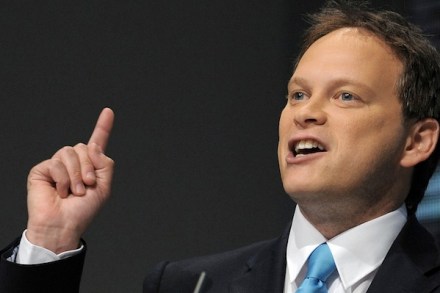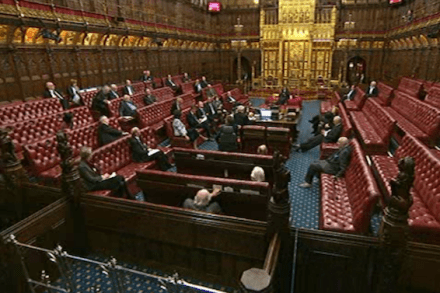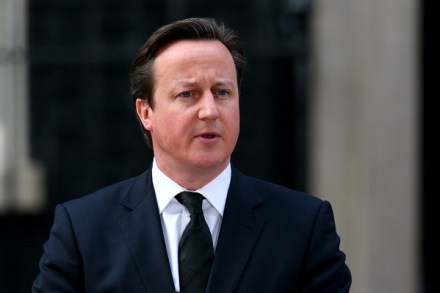Anna Soubry: PM thought only a woman could do ‘soft bloody girly’ public health job
Was Anna Soubry grateful to be promoted to the health department in last September’s reshuffle? She doesn’t exactly give that impression in her interview with Total Politics magazine this month. ‘To be quite frank, when the PM said to me, ‘I want you to do public health’, I thought, ‘Oh boss, I respect you so much, but I’m the only woman here and I get public health – I hope there’s no connection there. ‘Maybe I can make people realise that this is not a soft bloody girly option, it is a big serious job. I’m a huge fan of our prime minister… but I did sit there in the cabinet
